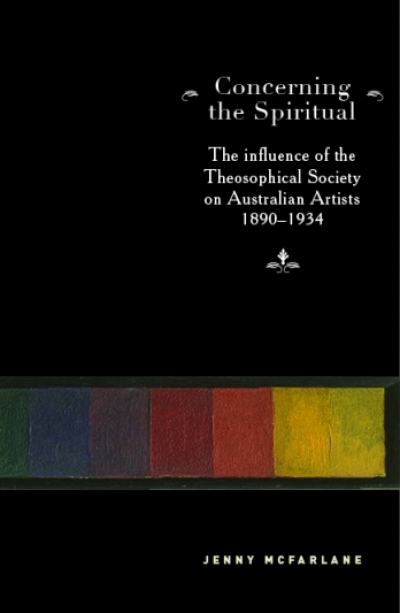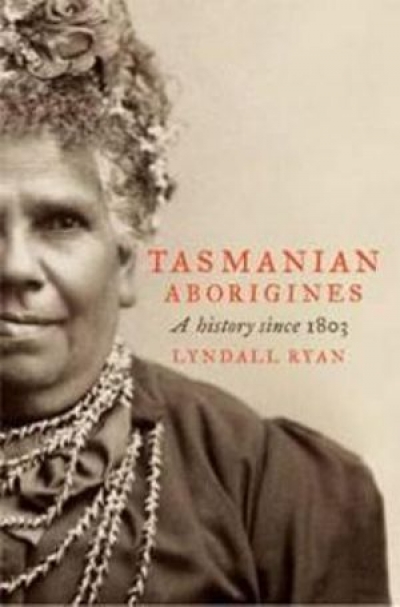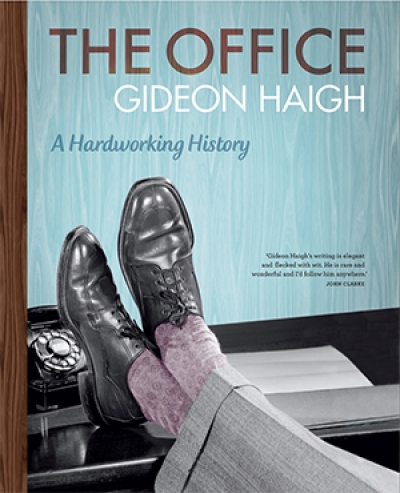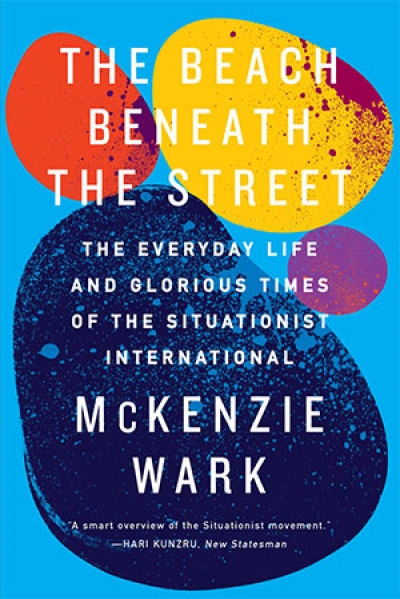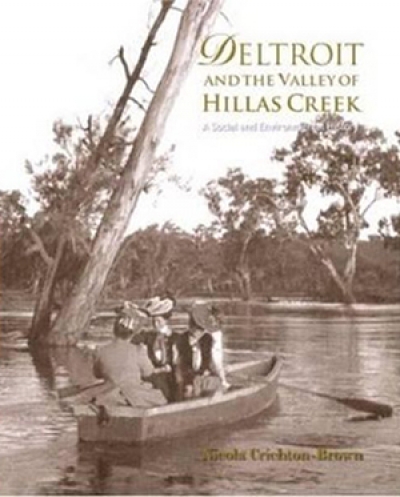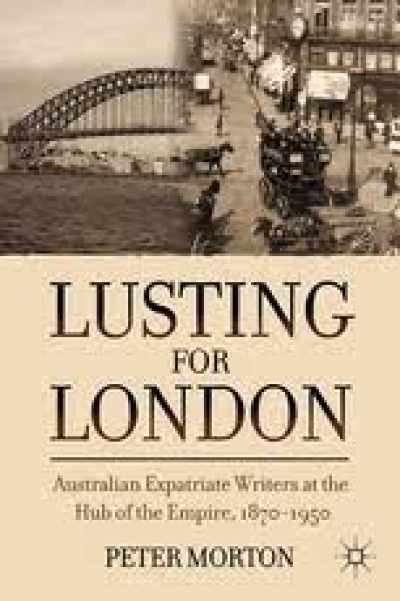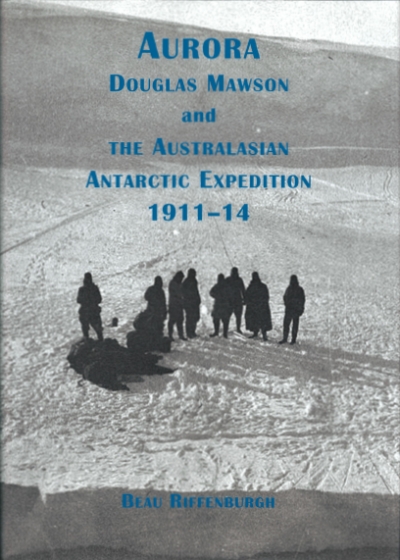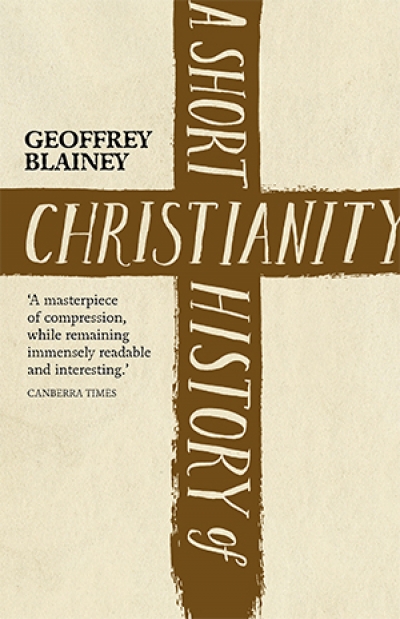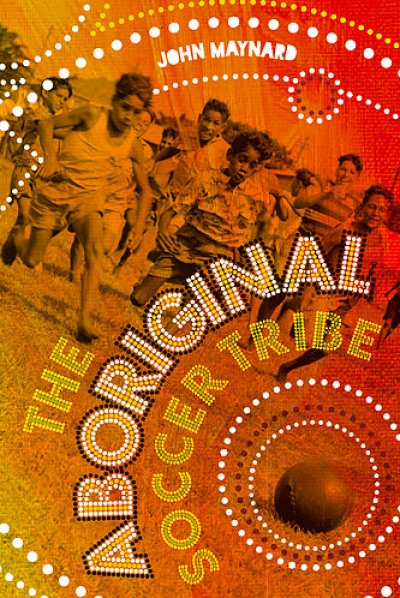History
Concerning the Spiritual: The influence of the Theosophical Society on Australian Artists 1890–1934 by Jenny McFarlane
Jenny McFarlane, in this fascinating study of Theosophical influences upon Australian artists, attempts a ‘cross-cultural and interdisciplinary interrogation of modernity’. Rather than viewing modernism in the arts as the progression of a series of ‘isms’, leading by a linear narrative to abstraction, she presents a picture of multiple, interweaving modernisms. Her period of interest extends from the 1890s, when prominent Australians such as Alfred Deakin and Henry Parkes were enthralled by Annie Besant’s Australian lectures, through the early twentieth century, when many artists officially joined the Theosophical Society, to the Society’s decline after the death of C.W. Leadbeater in 1934. By focusing on the way Theosophy encouraged artists to probe the nature of the visible and invisible, McFarlane gives an account of Australian modernism that is ‘gendered, decentralised and alternative’.
... (read more)Tasmanian Aborigines: A History Since 1803 by Lyndall Ryan
One of the first things that Australians learn at school or on arrival as migrants is that this country has a rich history of war. Australia’s military tradition has been an integral part of the making of modern Australia. World War II opened doors to a wave of European migration and cultural enrichment, and each conflict since then has been followed by a similar surge of social development. Australia has grown up on war – or, at least, we have grown through it.
... (read more)What two things do the following people have in common: Samuel Pepys, Nathaniel Hawthorne, Honoré de Balzac, Charles Dickens, George Bernard Shaw, Émile Zola, Franz Kafka, P.G. Wodehouse, Dorothy L. Sayers, Kurt Vonnegut, and Gabriel García Márquez? Answer: they all did office work, and they all wrote about it. Regardless of Kafka’s conviction that ‘writing and the office cannot be reconciled’, the evidence is that the office breeds writing like nowhere else. From the Restoration period to the present, all the great themes of modernity seem to coalesce around it.
... (read more)The Beach Beneath the Street: The Everyday Life and Glorious Times of the Situationist International by McKenzie Wark
Jean-Luc Godard’s film about young French revolutionaries, La Chinoise (1967), was described by Manny Farber as having ‘a suspicious sideways movement […] sliding sideways, crab fashion, [that] bars progress to its inhabitants, keeps turning the actors whirligig fashion without revealing anything about them’. Named after graffiti from the Paris uprising of May 1968, McKenzie Wark’s The Beach Beneath the Street takes on the Situationist International (SI) with what look, at first, to be similarly crab-like gestures.
... (read more)Deltroit and the Valley of Hillas Creek: A Social and Environmental History by Nicola Crichton-Brown
Deltroit (pronounced del-troy) is an exceptionally fine pastoral property and homestead in the Riverina – ‘pastoral’ in the Australian sense, with drovers, not shepherds, and the furies of fire, flood, and drought never far from mind, notwithstanding a privileged life in magnificent surroundings:
... (read more)Lusting for London: Australian Expatriate Writers at the Hub of Empire, 1870–1950 by Peter Morton
Until recently, there was a prevailing attitude that to succeed as a professional author one had to go into exile. The small Australian market could not support a writing career; it was necessary to travel abroad and court a larger readership. Because Australia was a British colony, the obvious destination was London, heart of empire.
... (read more)Thinking the Twentieth Century by Tony Judt, with Timothy Snyder
This author, this book, and its composition are all extraordinary. Tony Judt, one of the most distinguished historians of his generation, made his name with studies of French intellectual history, then in 2005 he published his masterwork, Postwar: A History of Europe Since 1945. ...
... (read more)Aurora: Douglas Mawson and the Australasian Antarctic Expedition 1911–14 by Beau Riffenburgh
The years 1909 to 1914 were unusually busy in Antarctica. Back in 1900 the continent had barely been walked on, but in the succeeding decade or so, expeditions of scientific and geographical enquiry, often burdened with heavy loads of imperialist endeavour, penetrated to the heart of the last unexplored continent. The attainment of the South Geographical Pole became the emblematic centrepiece of triumph and tragedy in the so-called ‘Heroic Age’ of Antarctic exploration. In January 1909 Ernest Shackleton and three others were forced to turn back just a few days’ travel from the South Pole. Two years later, in December 1911, the southern geographical extremity of the planet was first reached when Norwegian Roald Amundsen and four companions stood at the pole. Just over a month later, a defeated and exhausted British party led by Robert Falcon Scott marched away from the South Pole to their deaths and, until recent historical deconstruction, a revered place in Britain’s Imperial folklore.
... (read more)Any recent ‘big picture’ church history will suffer by comparison with Diarmaid MacCulloch’s A History of Christianity (2009). That book discovers all manner of new evidence about this protean religion and opens up questions about its life in every age and across every continent. Even its subtitle, The First Three Thousand Years, wants us to appreciate that Christianity has to be understood through its origins in the Hebrew and Greek cultures of the millennium before Bethlehem. Geoffrey Blainey’s history begins more conventionally with the birth of Jesus.
... (read more)The Aboriginal Soccer Tribe: A History of Aboriginal Involvement with the World Game by John Maynard
Communities, extended family connections, and role models have been keys to Aboriginal participation in Australian sport. Other factors – racist exclusion among them – have limited the appearance of Indigenous athletes in professional running and boxing. The high proportion of Aboriginal footballers now playing in the Australian Football League and both rugby codes inevitably begs the question of absences in other major sports.
... (read more)

